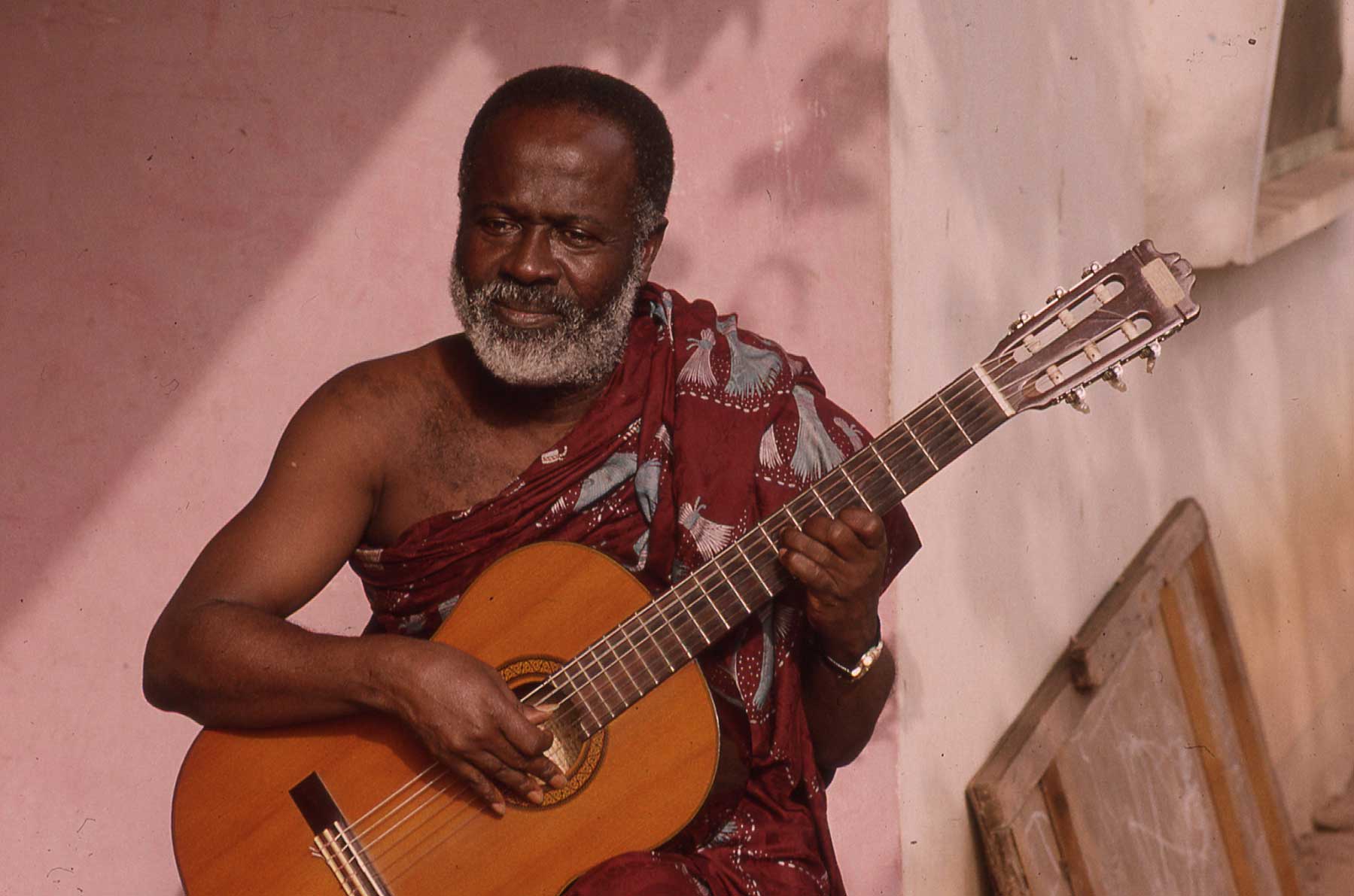You probably have heard of the Kru of West Africa who were a very strong-willed and independent group of people that could not be captured into slavery. Originally from Liberia, the Kru were also found in parts of Sierra Leone and Gambia and were a fishing community that had skill in swimming and sailing with great knowledge about the navigation on sea to other parts of West Africa and Africa at large. Due to this skill, they developed a great bond with the Westerners and were hired as sailors to help them navigate through West Africa.

According to several sources, the word Kru was developed from the nickname given to this group of people by the Westerners who called them members of the ‘crew’. Originally, they are from tribes such as the Klao, Bassa and the Grebo. An article written by Face2Face Africa explores their interaction with the Westerners and how they resisted and fought slavery.

Another way the Kru sailors of Liberia greatly influenced West Africa was through music and their unique way of playing the guitar and the concertina, however, it is the guitar that would later become an important part of African music and lead to the development of Highlife music in Ghana, spreading throughout Africa and parts of Central Africa like Congo.
The Kru sailors learnt to play the guitar from the Westerners who played it on the ships and boats to entertain themselves while travelling for days on the sea. Before being introduced to the guitar, the Kru men were conversant with similar string instruments such as the kora and lute which were popular in West Africa. This made learning the guitar very easy.

While on stops to other parts of West Africa such as Ghana, Ivory Coast and Nigeria, the Kru sailors played the guitar and caught the attention of the locals who would then learn to play. The Kru sailors taught them how to play Portuguese and Calypso melodies learnt from the Westerners as well as their own incorporated rhythms. However, it was in Ghana that Highlife music began after the locals who lived in small villages along the coast learnt to play the guitar.

In Ghana, the locals who learnt the guitar grew very fascinated with the sounds and adapted the two-finger picking style of playing the local instrument, known as the Seprewa, on the guitar which started a new era of music known as the Palm Wine Music. It was very popular in the rural parts of Ghana which was then known as the Gold Coast.
Today, Palmwine music is known as a genre of traditional music in Ghana which still thrives, however, it also made way for Highlife music which is more popular and influential in today’s modern music.
After a while, palmwine music and the guitar playing style made its way into the more urban parts of Ghana where dance bands were developing. With the introduction of the guitar and the palmwine style of playing it, Highlife music was born.
The term highlife developed from the use of both Western instruments and local ones to create music. The name itself came from the issue of social classes which indicated that such music was usually enjoyed by elite Ghanaians who were high up in the social classes hence ‘high-life ‘music.
Highlife music created huge names in Ghana such as E.T Mensah and also spread throughout West Africa ultimately giving birth to several other music genres in West Africa such as Burger Highlife, Afrobeat, Hiplife, Afro Jazz and several others.

Although Ghana is recognized for the creation of Highlife music which went on to change the face of music from West Africa, the Kru sailors are to be recognized as teaching the skill and unique technique of playing the instrument.










